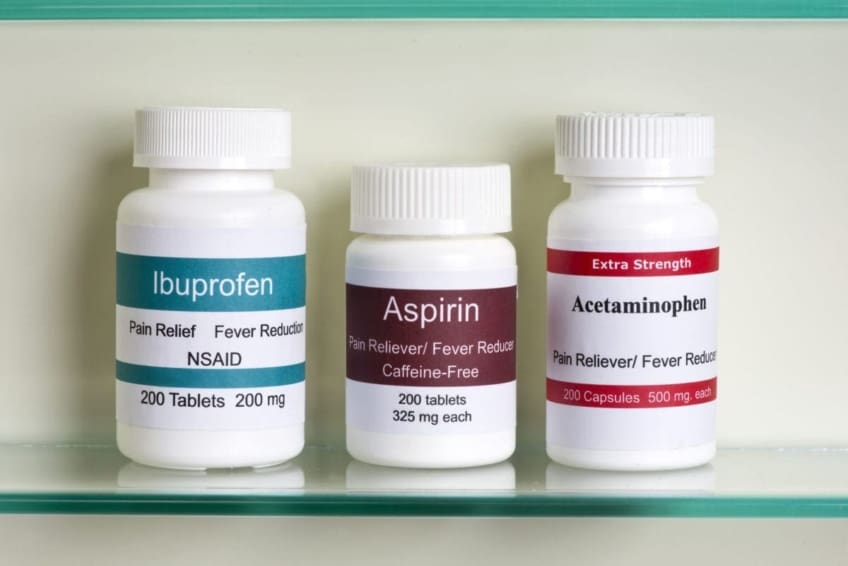Mumps: Symtoms, Causes, Treatment
What are the symptoms of mumps?
Mumps is a viral infection that primarily affects the salivary glands, particularly the parotid glands. The symptoms of mumps typically develop about two to three weeks after exposure to the virus and may include:
- Swollen and tender salivary glands: The most characteristic symptom of mumps is swollen, painful glands on one or both sides of the face, typically in front of the ears. This swelling gives the cheeks a “chipmunk” appearance.
- Pain with chewing or swallowing: The swollen glands can make it painful to chew or swallow, especially acidic foods.
- Fever: A mild to moderate fever, often lasting several days, is common with mumps.
- Headache: Some people with mumps may experience headaches, which can range from mild to severe.
- Muscle aches: Generalized muscle aches and fatigue are common symptoms of mumps.
- Loss of appetite: Many people with mumps experience a loss of appetite, which can contribute to fatigue and weakness.
- Swelling and pain in the testicles: Mumps can cause swelling and pain in one or both testicles, although this complication is more common in adolescent and adult males.
- Swelling and pain in the ovaries: Mumps can also cause swelling and pain in the ovaries, although this is less common than testicular involvement.
- Nausea and vomiting: Some people with mumps may experience nausea and vomiting, particularly in the early stages of the illness.
- Earache: In some cases, mumps can cause earache, which may be due to inflammation of the salivary glands pressing on the ear canal.
It’s important to note that not everyone with mumps will experience all of these symptoms, and some people may have mild or no symptoms at all. If you suspect you or your child has mumps, it’s important to see a healthcare specialist for an accurate diagnosis and appropriate management.
What causes mumps?
Mumps is caused by the mumps virus, which belongs to the Paramyxoviridae family. The virus is highly contagious and is spread from person to person through respiratory droplets, such as those produced when an infected person coughs or sneezes. The virus can also spread through contact with contaminated surfaces or objects.
Once a person is infected with the mumps virus, it typically takes about two to three weeks for symptoms to develop. During this time, the virus replicates in the upper respiratory tract and spreads to the salivary glands, where it causes inflammation and swelling.
Mumps is most contagious from a few days before the onset of symptoms to about five days after the appearance of swollen glands. However, the virus can be spread from a few days before symptoms begin until about nine days after symptoms start.
The best way to prevent mumps is through vaccination. The measles, mumps, and rubella (MMR) vaccine is highly effective at preventing mumps and is routinely given to children as part of their vaccination schedule.
What is the treatment for mumps?
There is no specific antiviral treatment for mumps, and most cases resolve on their own with supportive care. Treatment for mumps typically focuses on relieving symptoms and preventing complications. Here are some common treatment approaches:
- Rest: Getting plenty of rest can help the body fight the virus and recover more quickly.
- Fluids: Drinking plenty of fluids, such as water, juice, and broth, can help prevent dehydration, especially if you have a fever.
- Pain relievers: Over-the-counter pain relievers, such as acetaminophen or ibuprofen, can help reduce fever and relieve pain and discomfort. Aspirin should not be given to children or teenagers with viral infections due to the risk of Reye’s syndrome.
- Warm or cold compresses: Applying a warm or cold compress to swollen glands can help reduce pain and swelling.
- Soft, bland diet: Eating soft, bland foods can help prevent further irritation to swollen salivary glands.
- Isolation: Since mumps is highly contagious, it’s important to stay home from school or work and avoid close contact with others until at least five days after the onset of swollen glands to prevent spreading the virus.
In some cases, mumps can lead to complications, such as meningitis, encephalitis, or orchitis (inflammation of the testicles). If you or your child develop any complications or if symptoms are severe or persistent, it’s important to see a healthcare provider for evaluation and appropriate management.




